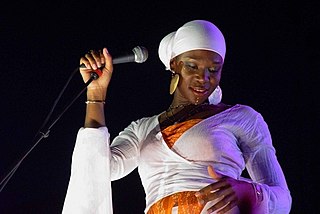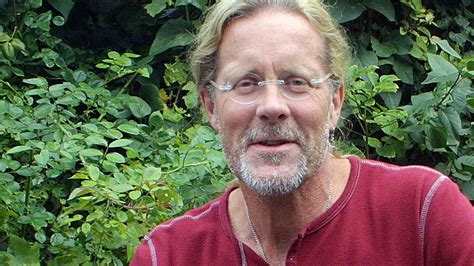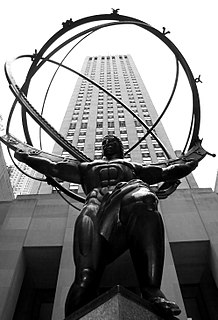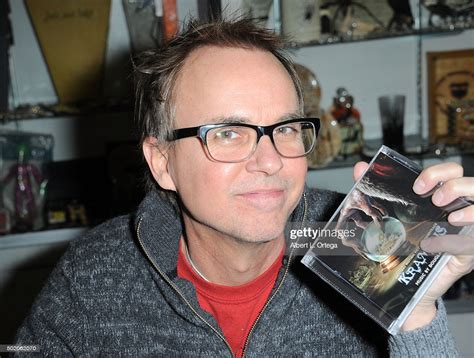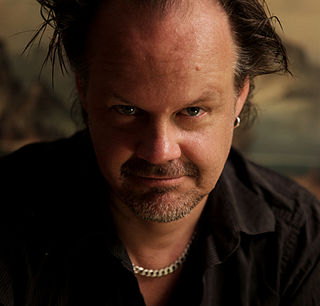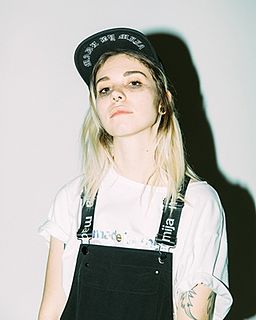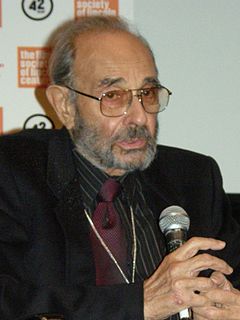A Quote by James Wan
You know music and sound design can be very powerful with how you use it but also the absence of sound can say a lot as well.
Related Quotes
I do experiment with lots of different genres. In making music, I don't think of genre like, "I want to do this, because I'm going use that country music sound; I'm going use that hip-hop sound; I'm going use that acoustic [sound]." It's just making music. So now that I've traveled a lot more since I did Acoustic Soul, I'm sure that different sounds will come into place, because I have been exposed to it and I like it. But it's not so much of a conscience effort. It's mind and spirited. You know, we're humans.
My job on a film is to be responsible for all the sounds in the movie besides the music. Together with my team, we work on the dialogue, foley, sound effects, and sound design. We work closely with the director and picture editor in the prep period, and then together with them, the sound mixers, and music crew, we collaborate on the final mix of the film.
I collaborated with a brilliant young sound designer named Anthony Mattana, who enriched the sound of the total production with vocal effects, percussive and other sounds. He also mixed the sound effects and the music, using the theater's first rate sound system to complement the theater's acoustics. This completed my score.
Think of the sound you make when you let go after holding your breath for a very, very long time. Think of the gladdest sound you know: the sound of dawn on the first day of spring break, the sound of a bottle of Coke opening, the sound of a crowd cheering in your ears because you're coming down to the last part of a race--and you're ahead. Think of the sound of water over stones in a cold stream, and the sound of wind through green trees on a late May afternoon in Central Park. Think of the sound of a bus coming into the station carrying someone you love. Then put all those together.
I use all types of instruments, really depending on the film. Instrument choices are very much tied to lighting, colors, art direction, as well as the narrative elements. I have a great collection of vintage synths, and of course I do like to write for acoustic instruments. I find the depth and intricacy of sound and emotion you can get with acoustic ensembles extremely versatile and effective in the overall sound environment. Also, the human aspect of performance is such an important part of the music score to character connection.
You're limited to one image, but you can have 50 audio tracks. It's something you'd be foolish not to experiment with. So I'm also very interested in sound that happens offscreen. I think that's a way to expand the scope of the movie. And it's all very planned out from the script stage. For me, sound design is a major part of the narrative. I think that's what makes working with certain people on the producer level difficult.
I think that when you're writing plays, and I think it's also true with novels, it helps to have an ear for the music of language, for what we call poetry, for the sound effects and the way that the sound can produce sensual feeling at odds with or consonant with the content of the work. Your work is also gorgeous writing. It's very unfortunate when you open a novel that everybody's loving and it's just, you know, an excruciatingly bad sentence.

